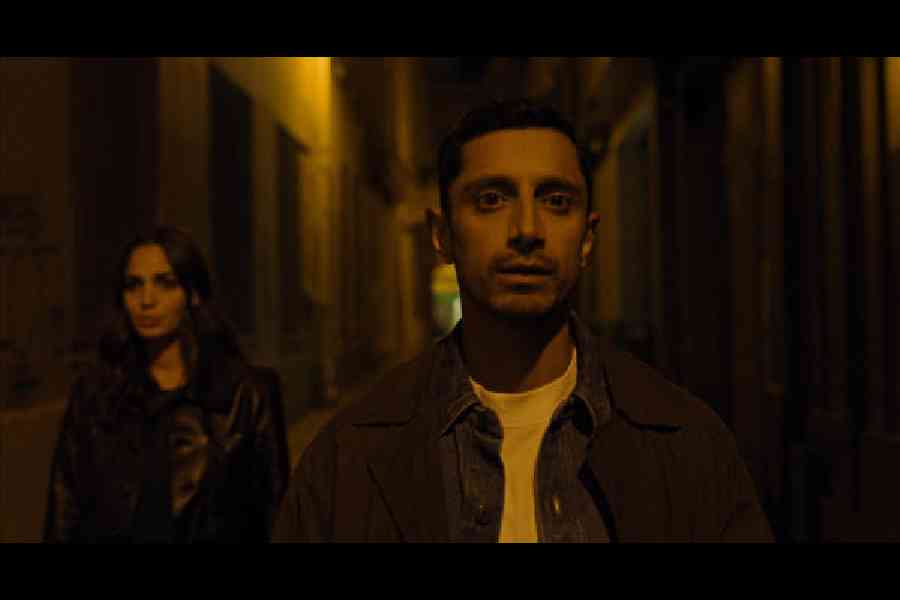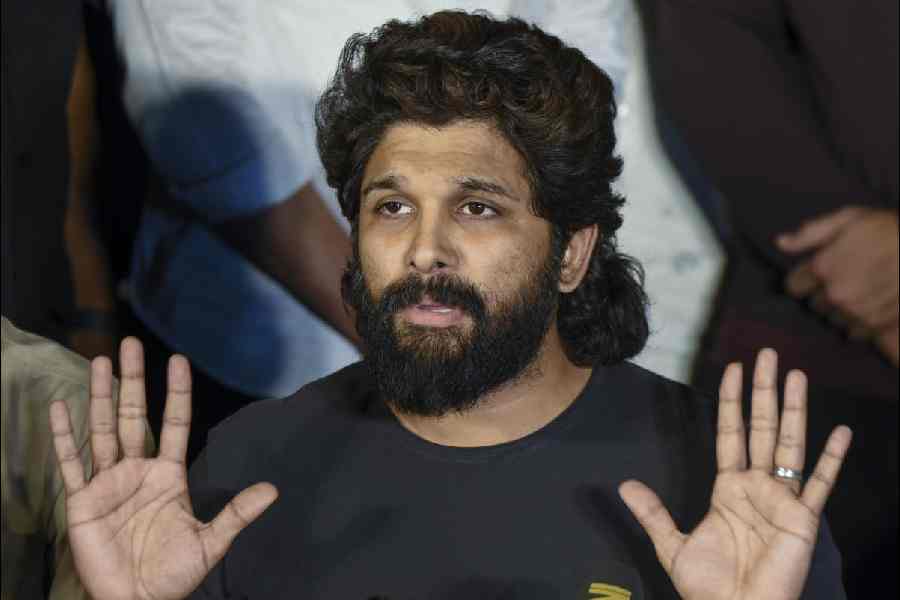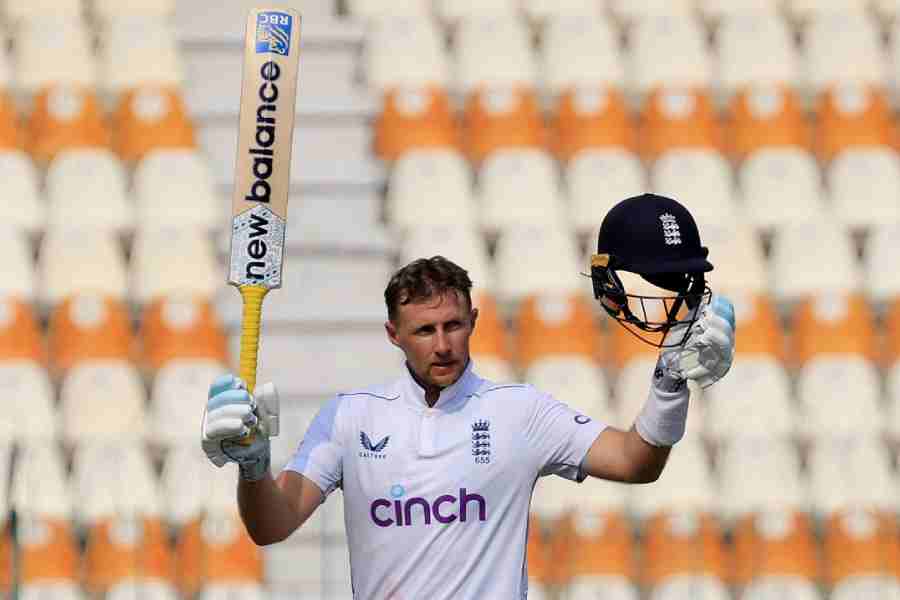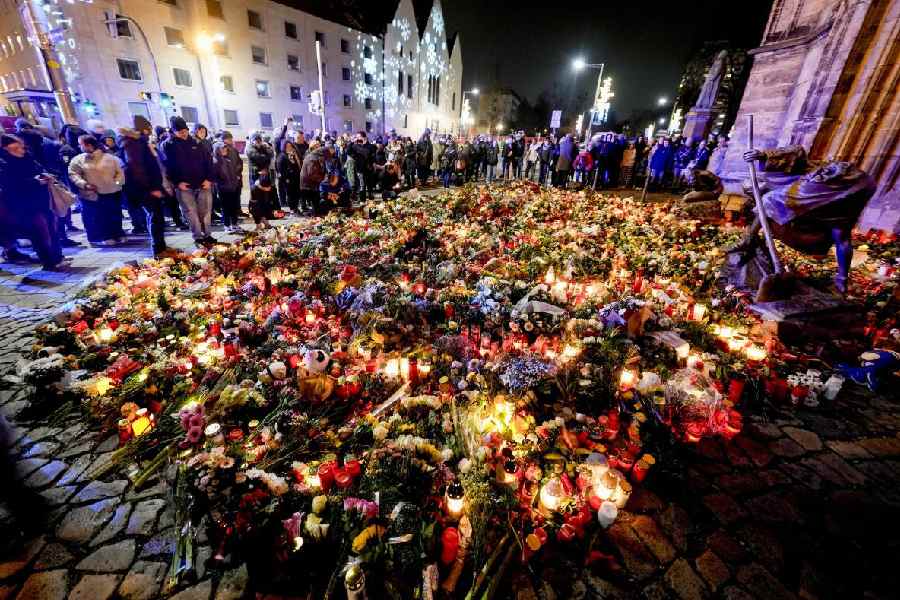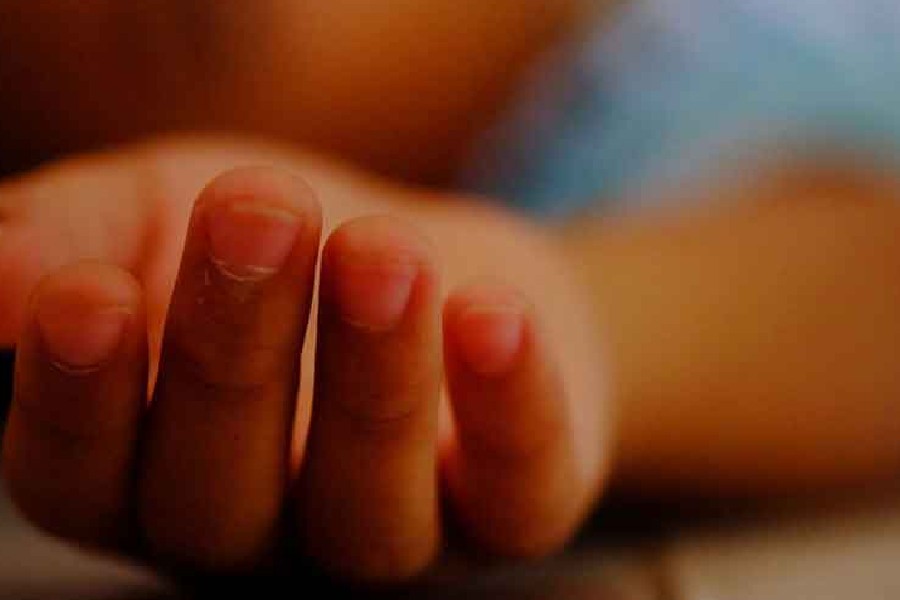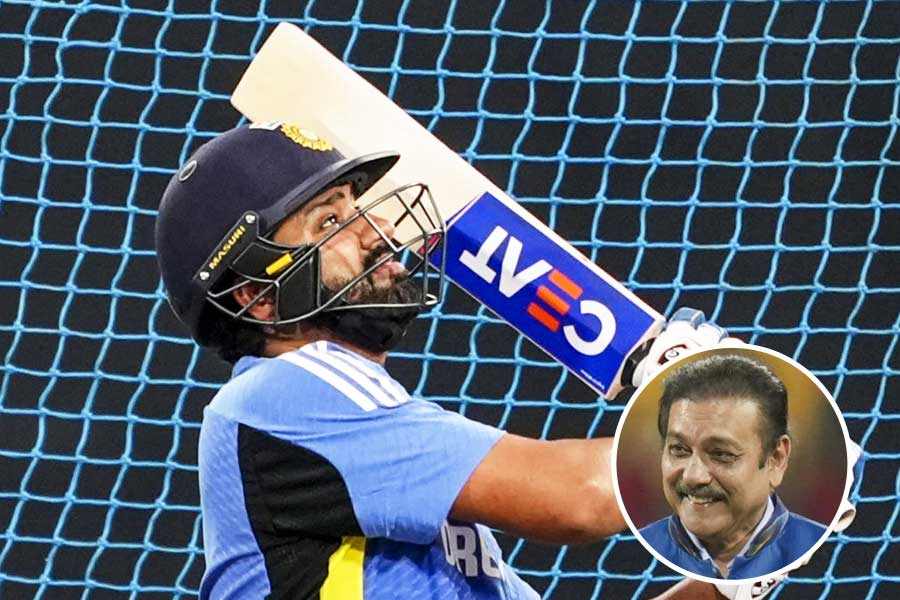Dammi, a deeply personal short film from BAFTA nominee Yann Demange is now streaming on MUBI. Premiered at the 2023 Locarno Film Festival, the short is led by Academy Awards nominee Riz Ahmed and has been praised for its uniquely transcendental vision of Paris and its dreamlike exploration of cultural identity and family ties.
Written by Demange and Rosa Attab, the film features Souheila Yacoub and Yousfi Henine as well as legendary French actress and Oscar nominee Isabelle Adjani.
The story follows a man, portrayed by Ahmed, who returns to Paris in search of a connection with his estranged father. Dammi scores in terms of narrative as well as technique and packs in a lot of story and feel within the format of a short story. A t2 chat with Yann Demange.
What triggered the idea of Dammi?
The starting point was Alexander Mattiusi from AMI Paris (who funded the project) approaching me during the pandemic to make a film with Paris as the backdrop. I said I wasn’t sure about doing a brand film, that is not really my thing. He said that because I am originally from Paris, he had thought of me and that I would have complete creative freedom. I started thinking of ideas that might interest me. Things like why would I want to go to Paris, what does Paris mean to me now.... Doing a hybrid documentary was my initial idea.
I approached my friend Rosa Attab, who is also Algerian and who lives in Paris, to co-write it with me. I thought it would be nice to have a female voice on the project. She was the one who pointed out to me that the story should be more personal. And then it started to become about my feelings about Paris. I took some biographical elements as a starting point and built it from there to the extent that it is my own father who plays the father in the film.
Did it at any point of time feel like you were putting too much of yourself into the film? Or was that something that you were comfortable with right from the start?
I was deeply uncomfortable in the process. It is probably the most scared I have felt in a long time. I was like: ‘What the f**k am I doing?!’ I felt so vulnerable, but I leaned into him (Mounir, played by Riz Ahmed) meeting a woman and the film became a dialogue between this man and the woman. That helped me fictionalise it and pull back from giving too many details that may embarrass some of my family (smiles).
Yes, it is autobiographical but it also became something else. I approached Riz because he is a dear friend and because I felt that vulnerable, it was clear that I needed somebody I could trust, an ally....
He is someone with whom I have spoken about these themes for years. We even lived together in Brooklyn for a year when he was preparing for Sound of Metal (that earned Ahmed an Oscar nomination) and I remember us talking a lot about identity and the diaspora, but beyond what everyone talks about, like what it meant very personally to us.
Dammi definitely started as a dialogue between me and Riz and it felt natural for me to approach him. Once Riz was on board, it made me feel a little safer, but every day on set was not just about exposing a lot of personal stuff, I was also experimenting with a type of visual grammar I had not used before, a cinematic language I am not used to. I thought conventional narrative cinema and the tyranny of it would limit the expression and feeling of what I was trying to get across.
Was making this film cathartic for you?
There was an element of therapy to it, no doubt. Having my dad in the film shifted the equation between us. Before that, we have always had a very old-school masculine exchange. This experience brought us closer. We have a different relationship now and we are making an effort to be more in touch. I am now in Algeria with him. But ‘catharsis’ is too grand and I am not going to claim that.
As an actor, what do you admire the most about Riz Ahmed?
We have been very good friends for almost 20 years. He is a real intellectual, a thinker. He has a depth to his own detriment so much so that sometimes he can’t turn it off. He is also a powerhouse actor who is slightly underrated. It astonishes me that he is not on billboards everywhere and he definitely needs to be in more movies. He is an incredible, sensitive, layered and nuanced actor who has a vulnerability that I thought was really helpful for Dammi.
Though the starting point of Mounir is a lot of me, we built and layered it and he brought a lot of himself to it. There is a nuance that he brings to it and what he brought in is a sense of safety to be vulnerable in the void and experiment with a kind of language that would express these themes that exist in our psyches that feel reductive to put into words sometimes.
What were the creative highs that came out of experimenting with a new cinematic language in Dammi?
I have always been a conventional storyteller who has worked with conventional screenplays. I didn’t grow up reading a lot of poetry. Rosa is the one who gave me a lot of poetry to read while making Dammi and I dived deep into Audre Lorde (American poet and thinker). I started reading a lot then and it was a different experience for me.
I had images of someone underwater in Paris, a feeling of suffocation and of being lost in a void. It is an image that was stuck with me and then I started to decode it and build from that.
I quite like contemporary dance and I have always wanted to do something with dance. I thought that may be a good way to express a few things. Of course, I didn’t want to make it a dance film, but I wanted to explore movement, feeling and shapes.
It was a very new way of working for me, it was very liberating and exciting but equally scary because I didn’t have a beginning, middle and end to everything.
It was quite improvisational on the shoot. Even though I had a structure and a screenplay, I purposefully left enough gaps to improvise, play and experiment on the day.
I knew that I was servicing a story and a narrative and each scene had a purpose in that narrative to move it forward in a particular way. There is a slight narrative crescendo between the man and the woman and ultimately it is about transcending your own trauma, coming to terms with your shadow self.
Given what is happening all around the world, are you more aware of your identity now than ever? Are you open to exploring more of that in your work?
I am open to exploring more of that in my subsequent work. Maybe I will not treat it as my central subject... it will appear more as a layer. There are themes about identity and division that will find their way into the characters in the world of these narratives that I will be telling.

